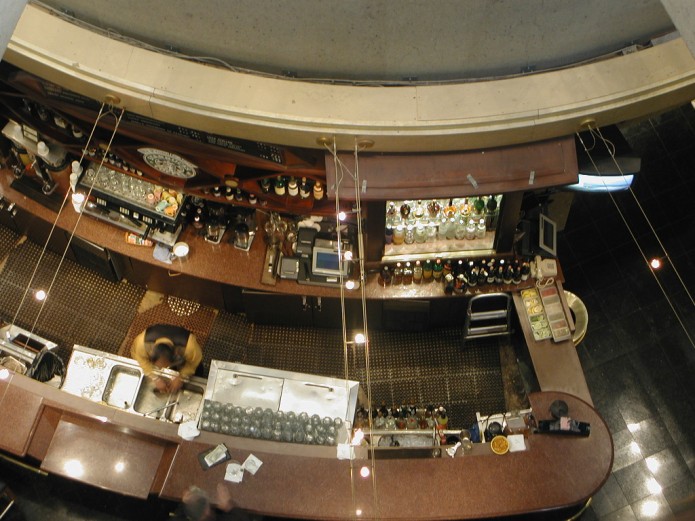Hotel kitchens are busy places. Many large hotels have thousands of guests staying overnight in any given week, so kitchens have an enormous amount of work to do just to keep things ticking over at an acceptable rate. Food has to be prepared, cooked and served. Kitchens and cooking utensils must be kept clean and hygienic, no matter how busy the kitchen is. Because a hotel kitchen is such a high-pressure working environment it is not surprising that standards sometimes slip and disasters occur. Outbreaks of illness or food poisoning do occasionally happen, even in 5* hotels. So how can hotel kitchens ensure that their guests are not struck down by the dreaded food poisoning?
Clean and Spotless
All kitchens need to be spotlessly clean, but this is particularly the case in a busy hotel kitchen where food for umpteen guests is prepared on a daily basis. Worktops must be cleaned and disinfected regularly and cooking pots, pans and utensils must be kept clean and in good working order. Since food will invariably end up on the floor, this needs to be kept clean and free from grease. Basically everything needs to be cleaned thoroughly at the end of every shift and grease and grime should not be allowed to accumulate.
To make cleaning easier, surfaces should be free from cracks and crevices because these will attract dirt. Floors and walls also need to be well maintained and defects such as cracked tiles or flaking paint should be dealt with as soon as possible.
Healthy Staff
When a kitchen is short staffed, it is not uncommon for sick employees to feel obliged to return to work before they are fully recovered. Unfortunately this is counterproductive because sick employees are still infectious and there is a serious possibility that their germs will infect everyone else, including guests. Anyone with a gastrointestinal virus must stay at home until they are completely well and symptom free.
Staff Hygiene
Kitchen employees need to be made aware that washing hands every time they touch raw food, their face, or anything at all is not an optional exercise. Employees also need to keep long hair tied back or covered up, abstain from wearing jewellery, and not sneeze all over the food.
Pest Proof
It should go without saying that a hotel kitchen needs to be pest proof. After all, it would be rather unfortunate if an environmental health inspector walked in to find an employee chasing a giant rat around the kitchen with a rolling pin in hand. Rats, mice and other pests spread disease and cause havoc in kitchens. Ideally they should be prevented from entering the kitchen in the first place by blocking up any possible holes where a rodent can find entry. If that fails, lay traps and call in the pest control experts before the problem gets out of hand.
The risk of a food poisoning outbreak in a clean, well-run kitchen is very low, but you can’t afford to rest on your laurels. Make sure you have strict hygiene protocols in place and monitor standards at all times. And consider using commercial grade Proclad panels to ensure an extra level of hygiene.


